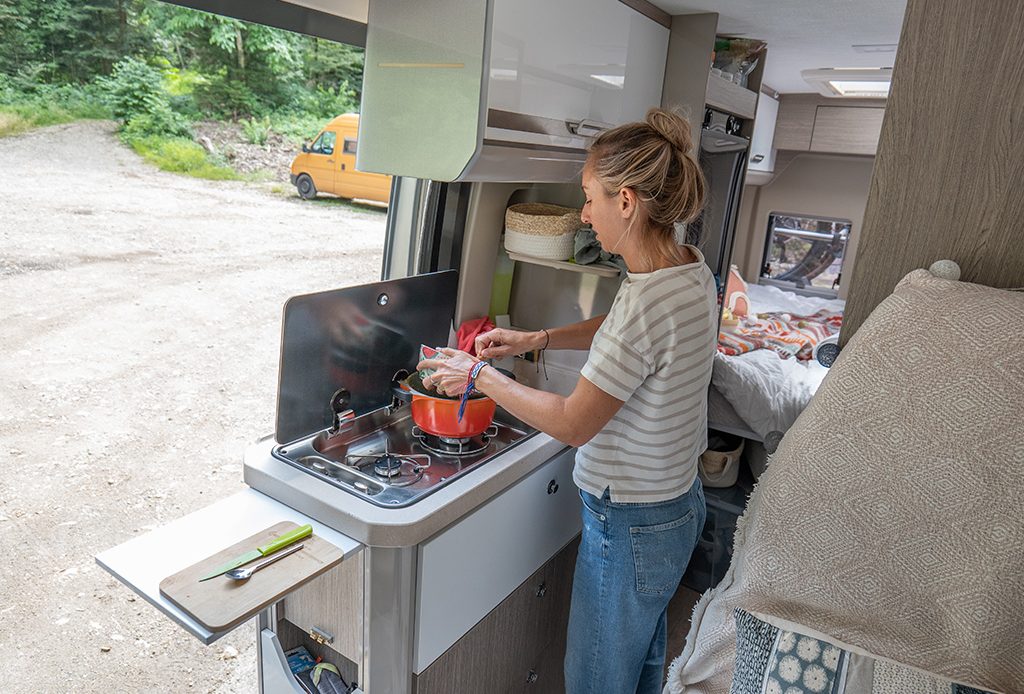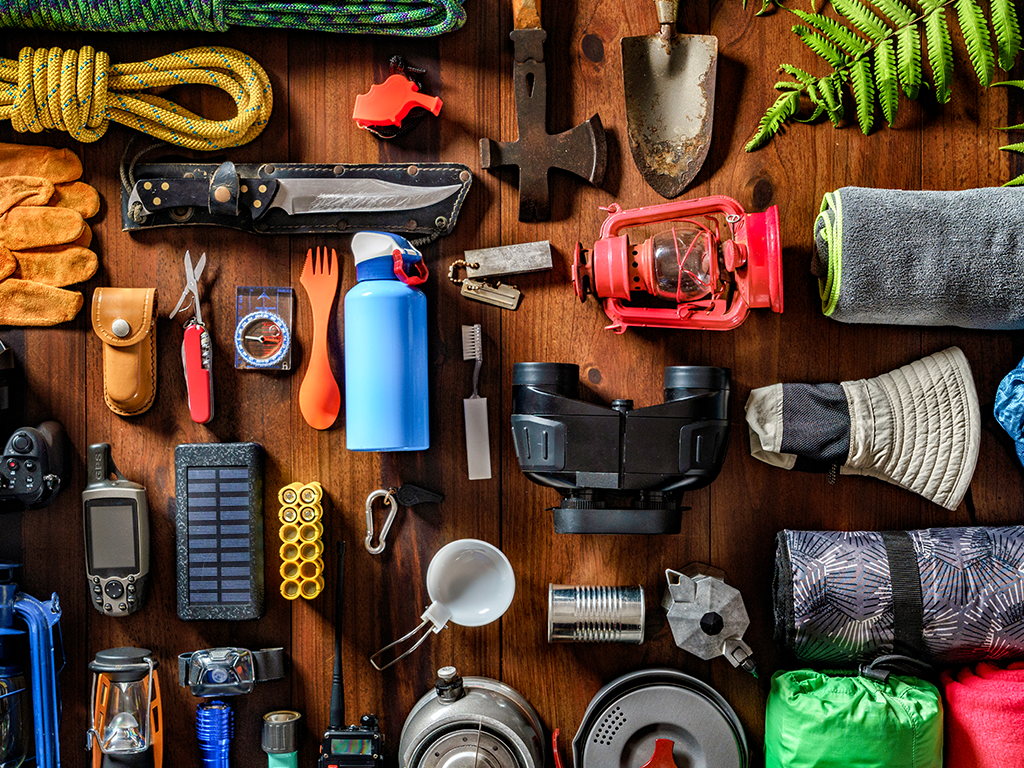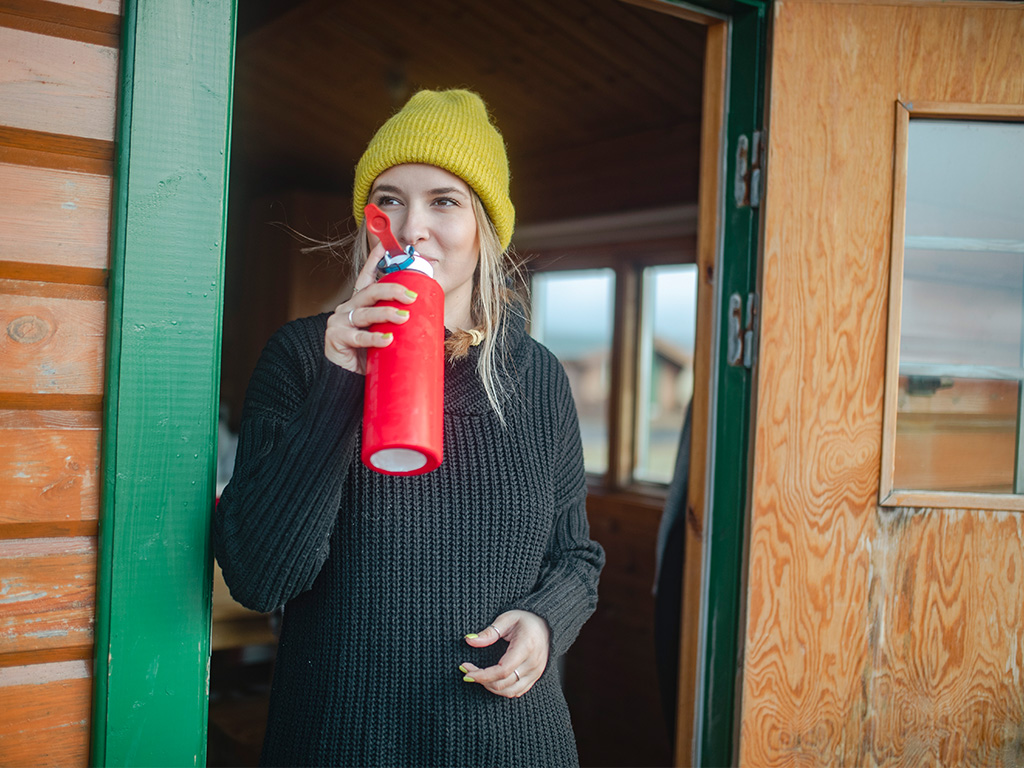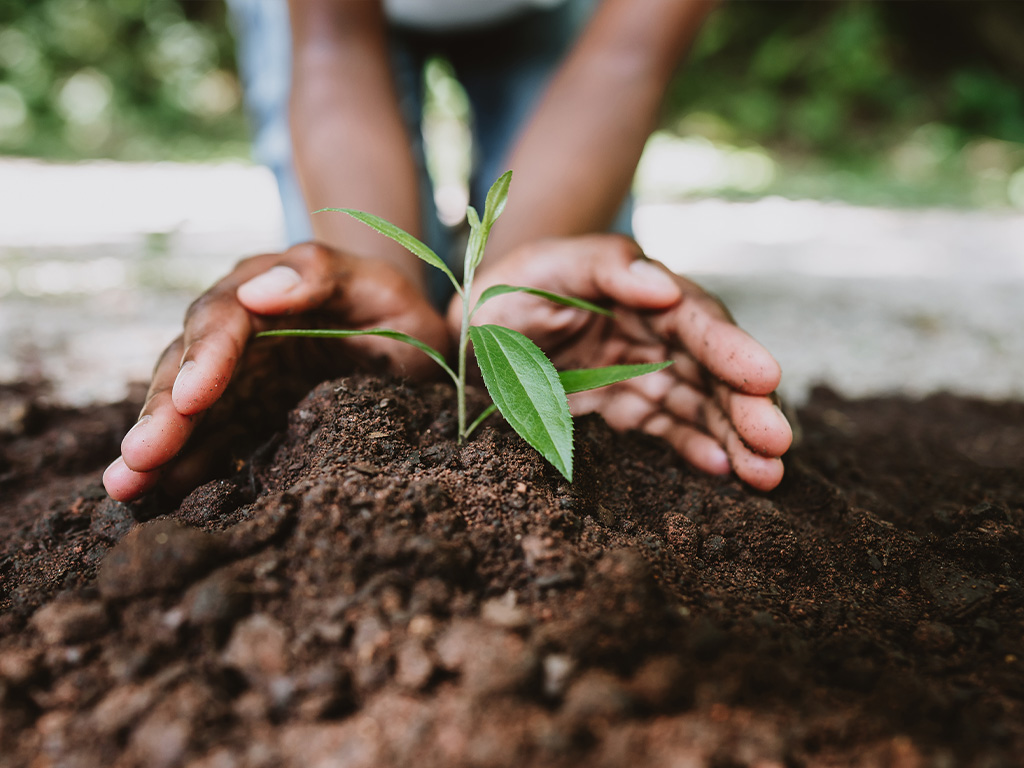
If you love camping, it’s probably fair to say that you love the outdoors. And that means every corner of our great big, beautiful Earth, from the mountains to the rivers and everything in between. So of course, eco-camping is an important aspect of any camping trip you plan, whether long or short. The goals are to be as zero-waste as possible and that your trip has little or no impact to the environment you visit. In honor of Earth Day, and our love for the great outdoors, we’re sharing some top tips for green travel below!
If you are a regular camper, then you probably have all the gear you need. But if you’re a first timer, eco-campers recommend renting gear or buying used. This helps in keeping with the good old 3Rs: reduce, reuse, recycle. Check out used gear at rei.com. Also, if you’re an avid camper and are looking to trade up your camping equipment, consider trading in used gear. Rei.com is also a good spot for this, as well.

Use only reusable drinking and dinnerware. Plastic dinnerware and plastic bottles aren’t good for the environment and add to the waste you’ve got to pack out. By using reusable for drinking and eating needs, you’ve got that covered and you’re set for many trips to come. Check out your favorite retailer for a variety of reusable dinnerware that can cover anywhere from two campers to a whole group of family and friends.

Of course, there will always be some amount of trash so the goal here is to determine what you can compost, what needs to be recycled, and what can be packed out and tossed at the campground’s trash facility. A rule of thumb for composting is that the items need to be green and that includes fruits, vegetables, grains, bread, coffee filters, eggshells, and newspapers. Also, it is important that you follow the campground’s rules for trash disposal of any type. You don’t want unwanted visitors showing up at your site! If you trash it all, make sure to recycle what you can. There are some some great reusable pop-up bins on the market for both trash and recycling to help keep separating easy.
Look for products that are environmentally friendly to supplement your camping needs. For example, use a solar-charged power bank to power your electronics. Use only biodegradable personal soaps, shampoos, and cleaning products. Sea to Summit Wilderness Wash and Dr. Bronner’s Pure-Castille Soap are multi-purpose products that can take care of you, your dishes, and your laundry! The Biolite CampStove 2 is another favorite with eco-campers; it’s eco-friendly and can charge your phone! Biolite also has some great options for solar-powered lighting. Check out bioliteenergy.com for more products to keep it green.

When traveling, try to shop local! Perhaps there’s a great farmers market near your current campground. This is a great option to stock up on snacks and food for your next few meals, as it reduces your carbon footprint and supports a local business. Plus, is there anything tastier than fresh produce straight from the farm or bread that may still be warm from the local bakery? We’re getting hungry thinking about it!
Pack In, Pack Out! Did you know an apple core takes 8 weeks to break down? Or, that a banana peel can hang around for as long as two years? So going back to our point above, don’t leave anything behind. Use doggie stations to dispose of pet waste. Also, the concept behind pack in, pack out is to leave nature undisturbed just as you found it when you arrived. This applies to camping activities, too. Don’t break off tree branches and leaves, don’t dig holes or trenches, and don’t go off any trail to get a different view. Nature is there to be enjoyed by all, and that means leaving it as you found it so we can continue to enjoy the great outdoors for years to come.


